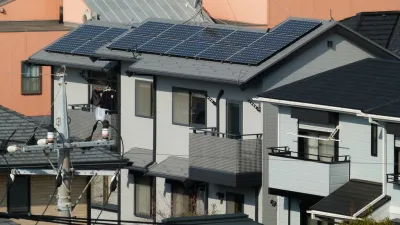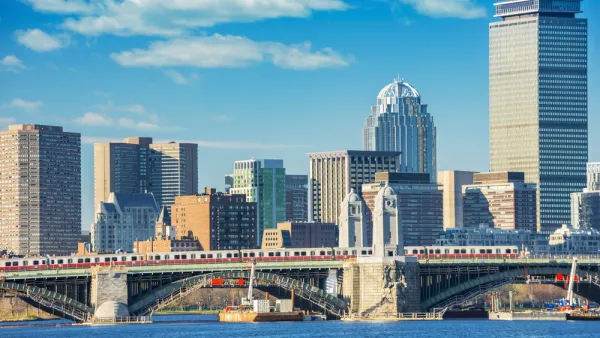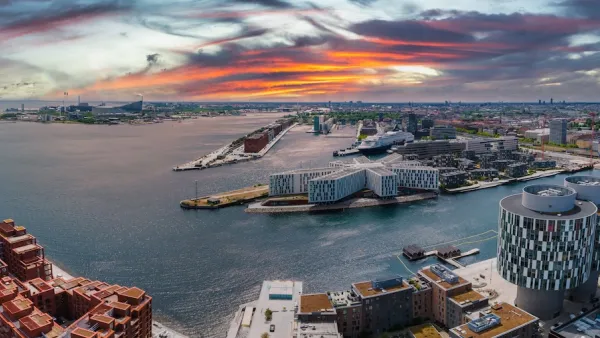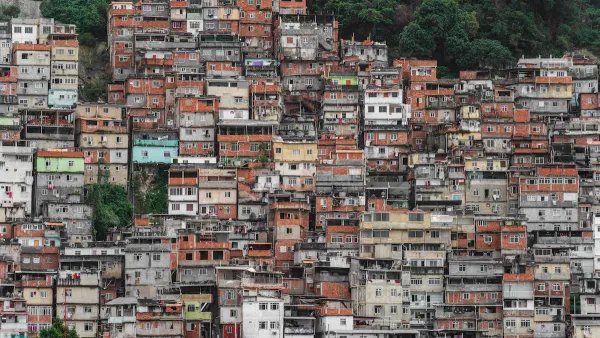According to an ACEEE report, Boston currently leads the way, with New York, Washington, DC, and San Francisco not far behind. Los Angeles, Washington, and Chicago show the most improvement since 2013.

The American Council for an Energy-Efficient Economy (ACEEE) has released a new report on urban energy efficiency. The City Energy Efficiency Scorecard ranks 51 cities on the relative success of their energy savings programs since 2013 (when ACEEE released the first Scorecard). Analyzed across five policy areas, city programs were rated on how effectively they reduced end-use consumption through both direct and indirect means.
Key findings include:
- "Washington, Los Angeles, Chicago, Minneapolis, and Seattle are the most improved cities compared to the 2013 City Scorecard, with many showing double-digit improvements in their scores."
- "Atlanta, the leading city in the Southeast, saw an improvement of 5 points, earning new points for local government operations, buildings policies, energy and water utilities, and transportation policies."
- Room for vast improvement: "Boston was the only city to earn over 80 points, and only 13 cities earned more than half of the possible points."
FULL STORY: Boston, NYC, Washington, DC, San Francisco, and Seattle Rank as America’s Most Energy-Efficient US Cities

National Parks Layoffs Will Cause Communities to Lose Billions
Thousands of essential park workers were laid off this week, just before the busy spring break season.

Retro-silient?: America’s First “Eco-burb,” The Woodlands Turns 50
A master-planned community north of Houston offers lessons on green infrastructure and resilient design, but falls short of its founder’s lofty affordability and walkability goals.

Delivering for America Plan Will Downgrade Mail Service in at Least 49.5 Percent of Zip Codes
Republican and Democrat lawmakers criticize the plan for its disproportionate negative impact on rural communities.

Test News Post 1
This is a summary

Test News Headline 46
Test for the image on the front page.

Balancing Bombs and Butterflies: How the National Guard Protects a Rare Species
The National Guard at Fort Indiantown Gap uses GIS technology and land management strategies to balance military training with conservation efforts, ensuring the survival of the rare eastern regal fritillary butterfly.
Urban Design for Planners 1: Software Tools
This six-course series explores essential urban design concepts using open source software and equips planners with the tools they need to participate fully in the urban design process.
Planning for Universal Design
Learn the tools for implementing Universal Design in planning regulations.
EMC Planning Group, Inc.
Planetizen
Planetizen
Mpact (formerly Rail~Volution)
Great Falls Development Authority, Inc.
HUDs Office of Policy Development and Research
NYU Wagner Graduate School of Public Service





























